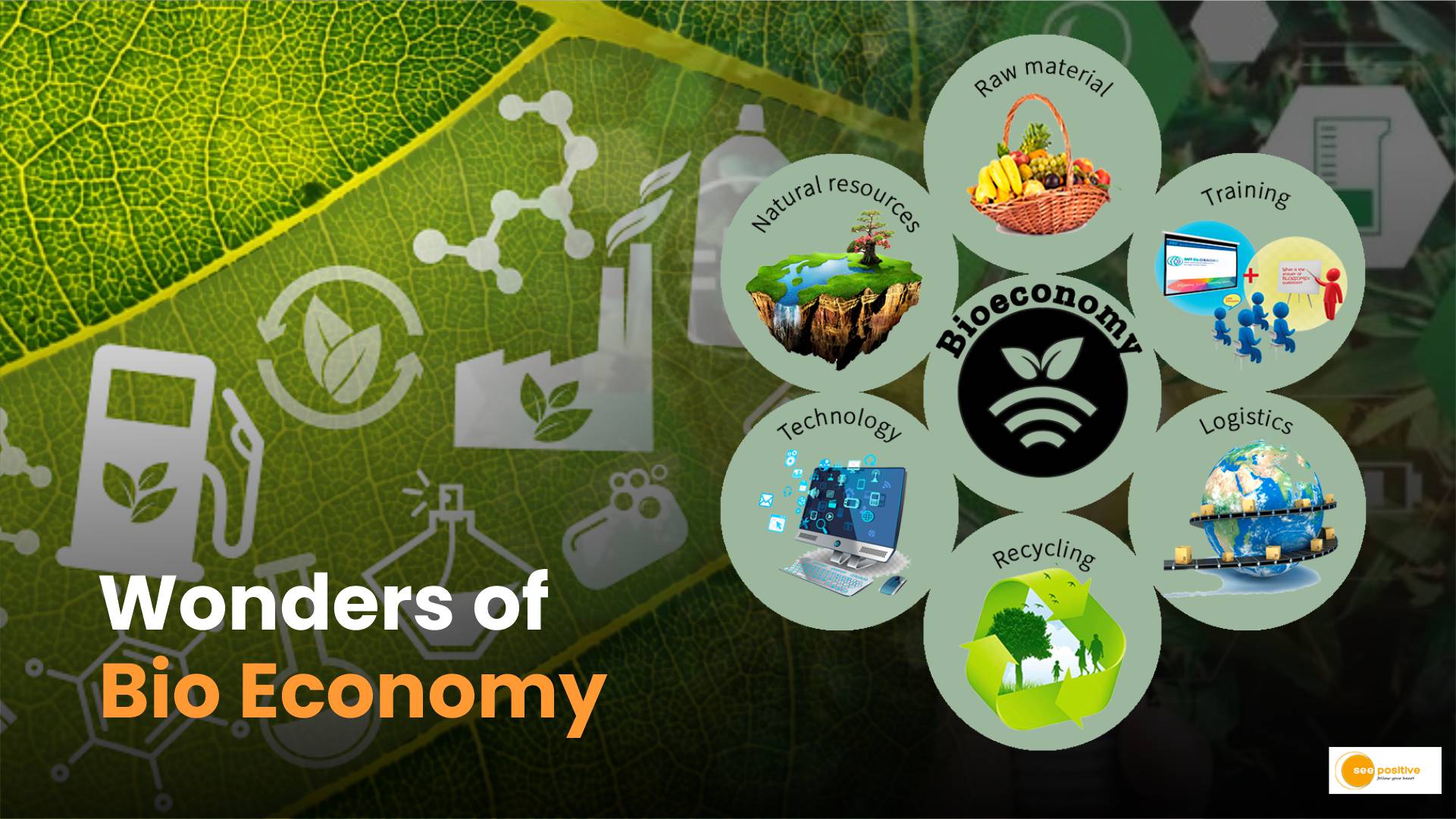Bio-economy is the term used to describe the production and use of biological resources, processes, and systems to provide goods and services in various sectors of the economy. Bio-economy covers various activities, such as agriculture, forestry, fisheries, food, health, biotechnology, bioenergy, and bio-based materials.
What is the concept of bio-economy?
The concept of bio-economy is based on the idea that biological resources and processes can offer sustainable and innovative solutions to meet the needs of a growing population and a changing environment. Bio-economy aims to use renewable and biodegradable resources instead of fossil fuels and other non-renewable materials and to reduce the environmental impact of human activities.
How is bio-economy made?
Bio-economy is made by applying scientific knowledge and technological innovation to biological resources and systems. For example, bio-economy can use biotechnology to create new products from plants, animals, microorganisms, or enzymes, such as biofuels, bioplastics, or biopharmaceuticals. Bioeconomy can also use bioengineering to design and optimize biological processes and systems, such as biorefineries, bioremediation, or biosensors.
Why is bioeconomy important?
Bio-economy is important because it can offer multiple benefits for society, the environment, and the economy. Some of the benefits are:
- Bio-economy can help address global challenges, such as climate change, food security, energy security, health, and biodiversity.
- Bio-economy can contribute to the transition to a low-carbon and circular economy, by reducing greenhouse gas emissions, enhancing resource efficiency, and minimizing waste.
- Bio-economy can create new opportunities for growth, competitiveness, and employment, by fostering innovation, diversification, and value addition in various sectors.
Benefits of bio-economy
Bio-economy can have positive impacts on different aspects of human well-being, such as:
- Health: Bio-economy can improve health outcomes by providing better and safer food, medicines, and diagnostics, and by preventing and treating diseases.
- Education: Bio-economy can enhance education and skills development by promoting science, technology, engineering, and mathematics (STEM) education, and by creating new learning and training opportunities.
- Culture: Bio-economy can enrich culture and social cohesion by respecting and valuing the diversity of biological resources and traditions, and by fostering collaboration and participation among different stakeholders.
Conclusion
Bio-economy is a promising and emerging field that can offer sustainable and innovative solutions to meet the needs of a growing population and a changing environment.
Bio-economy can also provide multiple benefits for society, the environment, and the economy, by addressing global challenges, contributing to the transition to a low-carbon and circular economy, and creating new opportunities for growth, competitiveness, and employment.
Bio-economy can also positively impact different aspects of human well-being, such as health, education, and culture. Therefore, bio-economy is an important and relevant topic for the present and the future.


